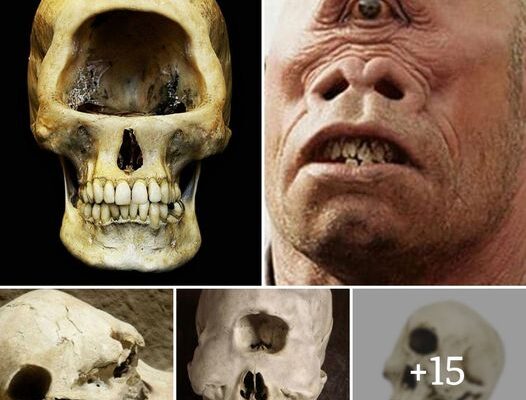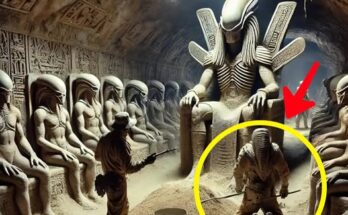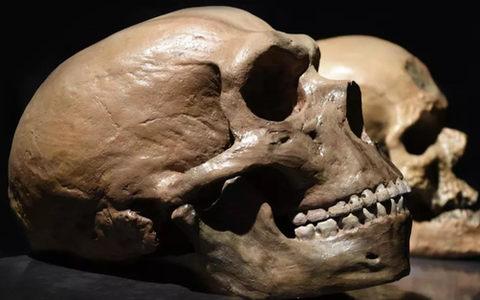
In a remarkable and chilling discovery, archaeologists have unearthed artefacts in the Philippines believed to be linked to the legendary One-Eyed Monster. The discovery, made in a remote archaeological site, has ignited a mixture of intrigue and fear among locals and historians alike.The artefacts, including ancient weapons, peculiar sculptures, and enigmatic relics, were found in a previously unexplored cave system. These items bear symbols and markings that have been associated with the mythological One-Eyed Monster, a figure shrouded in European folklore for centuries.
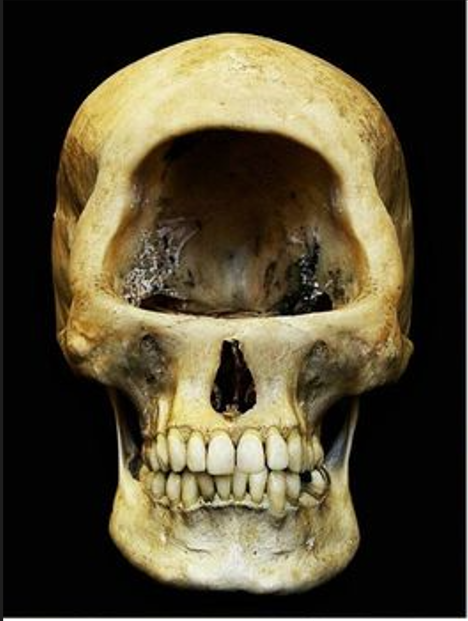
Historical SignificanceThe One-Eyed Monster, often depicted as a fearsome giant with a single eye, has been a staple in various mythologies, symbolizing terror and destruction. The legend is believed to have originated in the early medieval period, spreading across Europe through oral traditions and later, written manuscripts. This discovery provides a tangible connection to these ancient myths, offering potential insights into the cultural and historical contexts of the era.Reactions from the CommunityThe local community in the Philippines is both fascinated and frightened by the discovery. For many, the artefacts bring to life the terrifying tales passed down through generations. Historians and archaeologists are eager to study the artefacts further to understand their origins and the veracity of the legends surrounding the One-Eyed Monster.
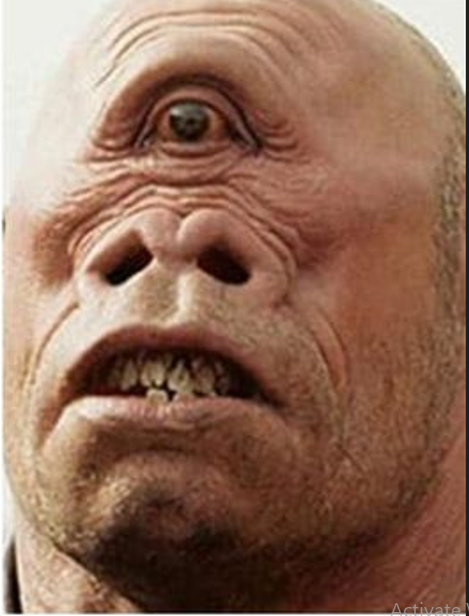
Archaeological Insights
The artefacts are currently undergoing detailed analysis by experts. Preliminary studies suggest that the items date back to the early Middle Ages, aligning with the period when tales of the One-Eyed Monster began to emerge. The symbols and markings on the artefacts are being meticulously examined to decode their meanings and connections to other known historical records.
Potential ImplicationsThis discovery has the potential to reshape our understanding of medieval European folklore and the historical underpinnings of mythological creatures. If the artefacts can be definitively linked to the One-Eyed Monster, it could confirm that such legends were based on real entities or events, thus bridging the gap between myth and history.
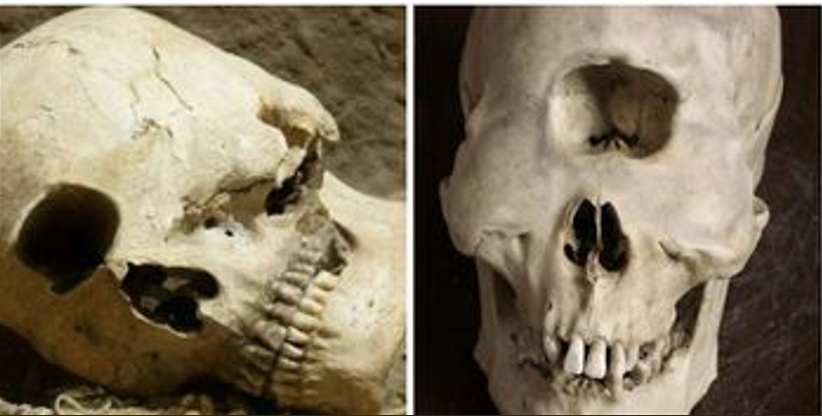
Conclusion
The unearthing of these artefacts has opened a new chapter in the exploration of European mythology and history. As researchers continue to study the relics, the world waits in anticipation for more revelations about the infamous One-Eyed Monster and the truths hidden within ancient legends. This discovery not only enriches our historical knowledge but also revives the chilling tales that have haunted the imaginations of generations.
